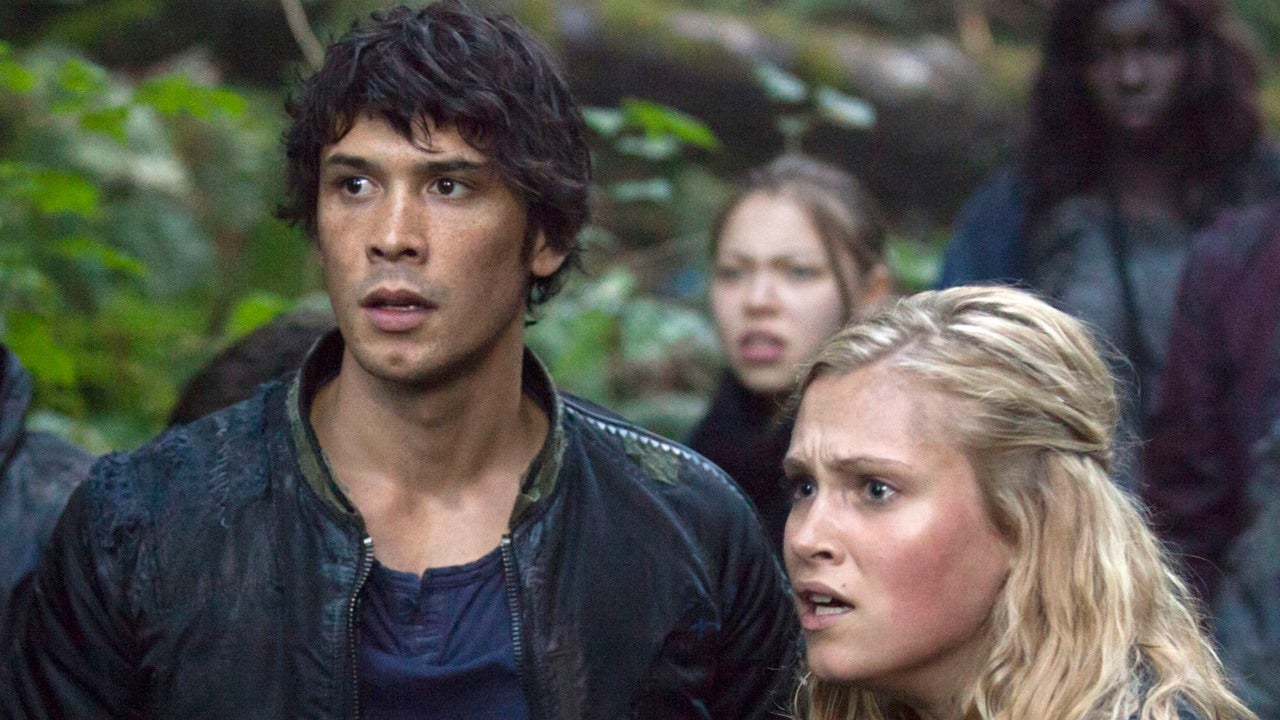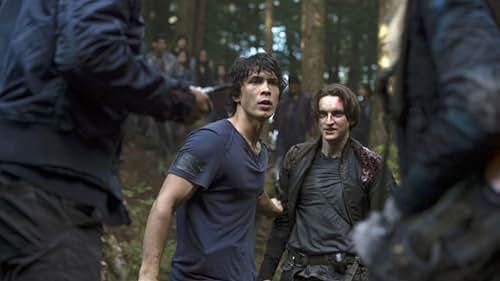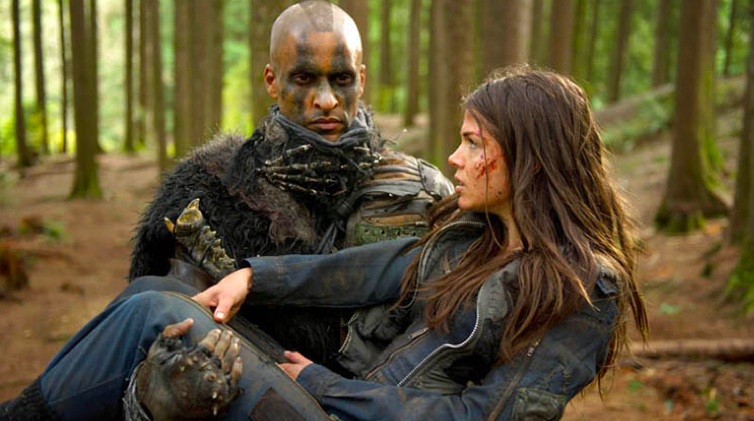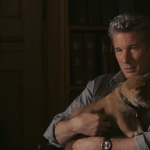The 100 (2014)

The 100 (2014) is a groundbreaking post-apocalyptic drama that explores survival, morality, and the resilience of humanity in the face of extinction. Created by Jason Rothenberg and based on Kass Morgan’s book series, the show unfolds in a world where Earth has been rendered uninhabitable due to a nuclear apocalypse. The remnants of humanity have survived for nearly a century aboard a massive space station called the Ark, but dwindling resources force them to make a desperate gamble: send 100 juvenile delinquents to the surface to determine if Earth is livable again.
The series begins with the 100 teenagers, each with their own troubled pasts, descending to Earth and discovering a world both familiar and alien. What they find is not a barren wasteland, but a lush, dangerous planet teeming with unexpected threats, including mutated wildlife and the presence of other human survivors—Grounders—descendants of those who managed to survive the apocalypse on the surface. This revelation sets the stage for a series that becomes as much about human conflict as it is about survival against the elements.
At the heart of The 100 is Clarke Griffin (Eliza Taylor), a natural leader with a strong moral compass, whose decisions often carry the weight of life and death. Her evolution from an idealistic teenager to a hardened survivor encapsulates the show’s exploration of how extreme circumstances reshape people. Alongside Clarke are Bellamy Blake (Bob Morley), a fiercely protective and pragmatic figure whose leadership often clashes with Clarke’s ideals; Octavia Blake (Marie Avgeropoulos), Bellamy’s rebellious sister, who transforms into a fearless warrior; and Raven Reyes (Lindsey Morgan), a brilliant mechanic and engineer who becomes indispensable to the group’s survival.
The show is unrelenting in its examination of ethical dilemmas. Time and again, the characters are forced to grapple with impossible choices: sacrificing a few to save the many, waging war to protect their people, or even questioning what it means to be human. As the series progresses, these moral quandaries become more complex, with alliances shifting and betrayals becoming inevitable in the struggle for survival.
The introduction of factions like the Grounders, Mountain Men, and later the mysterious forces tied to the origins of the apocalypse adds layers of political intrigue and cultural clashes. The Grounders, with their tribal system and deep connection to the Earth, provide a stark contrast to the technological dependency of the Ark survivors, highlighting the tension between progress and tradition.
Visually, The 100 is stunning, with its post-apocalyptic landscapes blending haunting ruins of the old world with the beauty of nature reclaiming its dominion. The show’s action sequences are intense and visceral, but it’s the quieter, character-driven moments that leave a lasting impact. The relationships, whether forged by love, loyalty, or necessity, are at the core of the series, making each loss and victory feel deeply personal.
The narrative evolves over seven seasons, delving into themes of redemption, sacrifice, and the cyclical nature of human conflict. From the initial struggle to survive on Earth to the discovery of other habitable worlds and the ultimate question of whether humanity deserves a second chance, The 100 pushes its characters—and its audience—to confront the consequences of their choices.
With its complex characters, thought-provoking storytelling, and relentless pacing, The 100 stands as a landmark in science fiction television. It is a gripping tale of survival that dares to ask: How far would you go to protect the ones you love, and what would you be willing to sacrifice to ensure the future of humanity?











